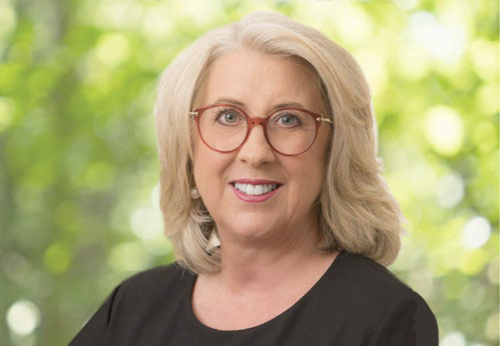If you think there is a chance of reconciliation, you may be eager to attempt family counselling to work out your problems with your former spouse. But what if the damage is already done, and you are not interested in reconciliation? Should you still consider some type of family counselling?
Often, couples with no intention of getting back together, still find family counselling to be beneficial. Counselling may help you cope with the changes brought on by a separation or divorce, and can also be help you to understand and address any issues your children may be experiencing because of the breakup. Counselling helps you explore hurt feelings, unresolved issues in your relationship, new living situations, and financial adjustments. So, even if you have no intention of reconciliation, counselling still may be helpful as you experience a breakup.
Alternatively, you may in fact be hoping for reconciliation. Or, you may have an otherwise steady relationship, but you and your partner have been fighting more than normal. If find yourself concerned because of recent and atypical fighting that is occurring in your relationship, or other problems have arisen, counselling may be just what you and your partner need to get through a rough patch in your relationship. Counselling can help you get to the root of the problems in your relationship, and help you cope with new challenges as your life together evolves.
If you don’t think that counselling is necessary for you, it still may be something your child could really benefit from. Even if your child seems resilient and undaunted by your divorce or separation, she could be experiencing emotional issues that can manifest later. Addressing these feelings timely can save your child much emotional heartache and result in healthier relationships between your child and yourself as well as your former partner.
If you are interested in counselling, you may find a private practitioner who is qualified to serve as a counsellor for you, or you may take advantage of government sanctioned community based organizations as well. Don’t let money be an excuse to not take advantage of counselling; there are government resources available that make adjustments to the costs of counselling if you are on a low income or experiencing financial struggles.
If you have further questions about family counselling, you can always contact the Family Relationship Advice Line on 1800 050 321, visit www.familyrelationships.gov.au, or seek advice from one of the knowledgeable lawyers at Matthews Family Law.











